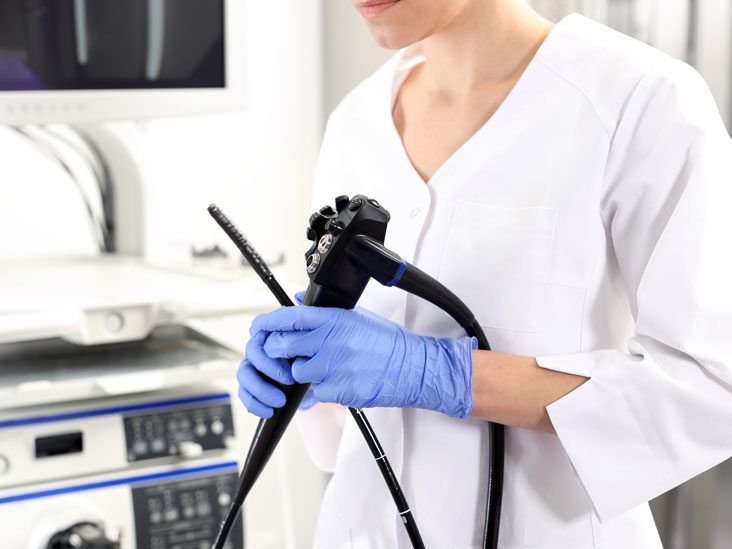
Colonoscopy Explained: A Detailed Guide for Patients
Dr. Ali recognized as one of the best gastroenterologists in Karachi, offers colonoscopy procedures for patients with digestive disorders, providing a minimally invasive approach to diagnosis and treatment.
What is a Colonoscopy?
A colonoscopy is a medical procedure that allows a gastroenterologist to examine the lining of your large intestine (colon) and rectum. Using a flexible tube called a colonoscope, which is equipped with a camera and light, the doctor can view images of your colon on a screen, identify issues, and, if necessary, perform procedures such as biopsies or polyp removal.
Why is a Colonoscopy Performed?
Colonoscopies are primarily performed to screen for colon cancer and to investigate intestinal signs and symptoms, such as abdominal pain, rectal bleeding, chronic constipation, and chronic diarrhea. It’s an effective way to check for colon polyps and to monitor and treat conditions like inflammatory bowel disease.
Preparing for Your Colonoscopy
Preparation for a colonoscopy is crucial for a successful examination. This usually involves following a special diet the day before the procedure and taking a laxative to clear the intestine. You’ll also need to arrange for someone to drive you home afterward, as sedatives used during the procedure may impair your ability to drive.
The Colonoscopy Procedure
During the procedure, you’ll lie on your side on the examination table. You’ll likely receive sedatives to help you relax and reduce discomfort. The doctor will insert the colonoscope into your rectum and gently guide it through your colon. Air or carbon dioxide is used to inflate the colon for a better view. The procedure typically lasts 30 to 60 minutes.
After the Procedure
After the colonoscopy, you’ll spend time in a recovery room as the sedative wears off. You might experience some cramping or bloating, but this usually subsides quickly. You should be able to eat and drink normally, but your doctor might recommend a special diet temporarily.
Understanding Your Results
Your doctor will discuss the results with you immediately after the procedure. If a biopsy was performed or polyps were removed, it might take a few days to a week to get those results. It’s important to schedule a follow-up appointment to discuss the findings and any necessary next steps.
